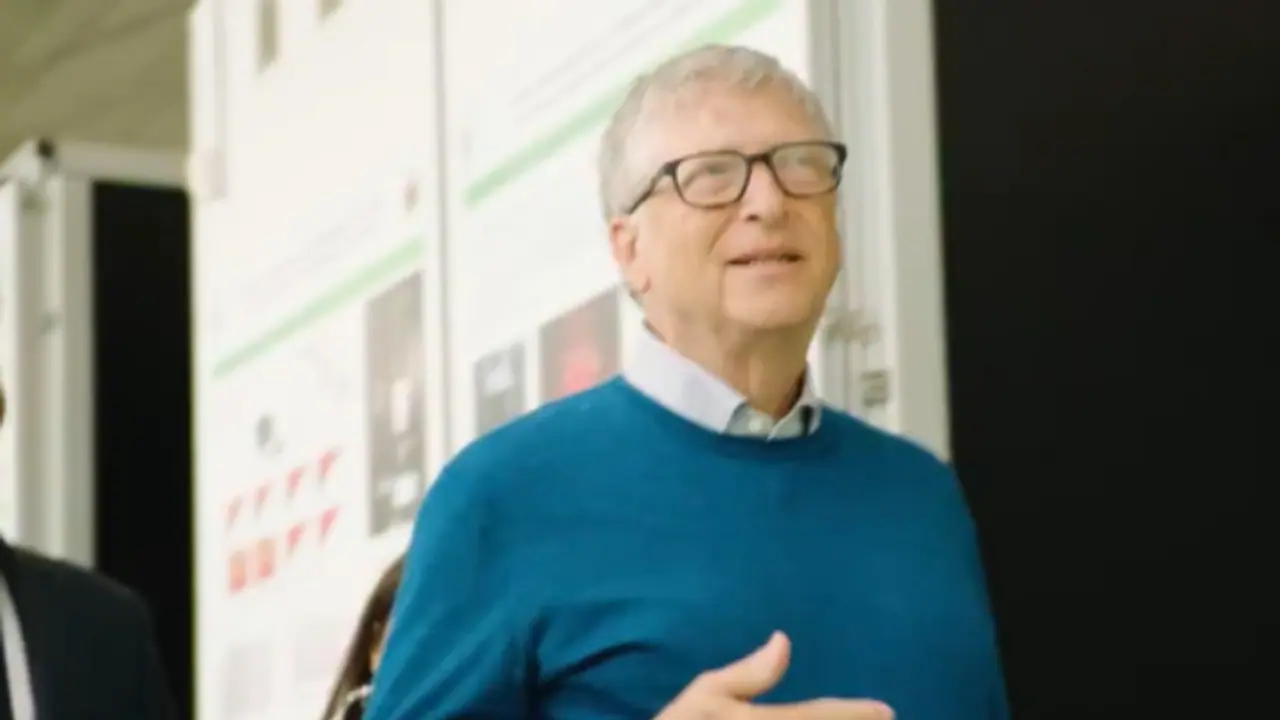Rich Miner, Android co-founder, attributes Microsoft's $400 billion mobile market loss to Bill Gates' decisions. Miner's creation of Android was driven by a desire to prevent Microsoft from controlling the mobile market like it did the PC market.
Rich Miner, a co-founder of Android, responded to Bill Gates' admission of Microsoft's $400 billion mobile market failure by blaming Gates' own choices for Android's defeat in the smartphone wars. "I literally helped create Android to prevent Microsoft from controlling the phone the way they did the PC - stifling innovation. So it's always funny for me to hear Gates whine about losing mobile to Android," Miner wrote on X (formerly), responding to Gates' comments about Microsoft's biggest mistake.

While working on the initial Windows Mobile phone, Miner, who has firsthand expertise with both sides of the mobile ecosystem, disclosed that he was worried about Microsoft's possible monopolistic domination of the mobile industry.
"In 2002, I assisted Orange in introducing the SPV, the first Windows mobile phone. I wanted something more open because I was afraid Microsoft may end up dominating mobile as they controlled the PC. I'm sorry, Bill, but you're more to blame than you think for losing the $400 billion," Miner said.
In an interview with Julia Hartz, CEO of Eventbrite, Gates acknowledged that Microsoft's inability to establish itself as the leading non-Apple mobile platform was "one of the greatest mistakes of all time." Gates calculated that Microsoft lost out on almost $400 billion in potential market value as a result of this error, with that money going to Google's Android platform instead.
In the battles for mobile platforms, the timing of market introduction proved to be critical. Microsoft didn't release Windows Phone 7 until October 2010, even though Apple released the iPhone in June 2007 and Google released Android in September 2008. As a result of this delay, Apple and Android finally gained 99.9% of the mobile market.
